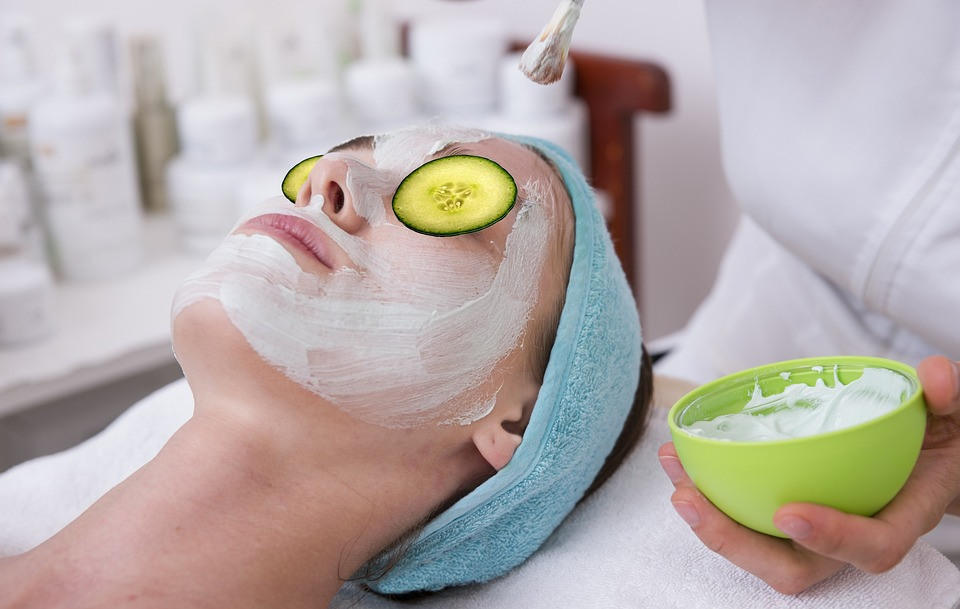Menopause can be confusing for women, and taking care of your skin during this life phase can sometimes take a backseat. With hormone production shifting throughout the menopausal period, it’s vital to ensure that you’re taking the proper steps to ensure your skin is nurtured. There are simple skincare moves that you can start incorporating into your routine to keep your skin healthy as menopause sets in.
- Consider Hormone Replacement Therapy
Estrogen depletion is one of the most significant results of menopause, which can leave your skin dry and prone to wrinkles. Hormone replacement therapy (HRT) is a way to combat these symptoms, as it introduces hormones into the body that help with hydration and collagen production in the skin. It helps counteract those effects by balancing out normal hormone levels which can reduce issues such as wrinkles, age spots and dryness.
Hormone therapy may also help improve elasticity and suppleness of the skin, as well as provide protection from sun damage. Additionally, some forms of hormone therapy are designed to have anti-aging properties, helping to keep your skin looking more youthful for longer.
However, this therapy isn’t for everyone, it can be a great way to keep your skin looking young and healthy if you’re comfortable with the potential side effects. It can also be beneficial to supplement your HRT with topical products such as retinol or peptide creams that help stimulate collagen production.
- Use a Gentle Cleanser
Hormone changes during menopause can leave skin more sensitive and prone to irritation, so it’s essential to switch to a gentle cleanser that won’t strip away natural oils. Opt for a mild cleanser that is fragrance-free and formulated specifically for sensitive skin to avoid inflammation and irritations. Any cleanser that contains alpha hydroxy acid or beta hydroxy acid can also help to gently exfoliate skin and remove dead cells, leaving your complexion smooth and refreshed.
It is important to use a gentle cleanser when washing your face in order to avoid possible irritation that could be caused by harsher cleansers. A gentle cleanser helps maintain the delicate balance of the skin’s natural oils while effectively removing dirt and impurities. Furthermore, it can help preserve the skin’s moisture level, allowing it to remain hydrated and healthy-looking. This, in turn, helps soothe and calm the skin while providing nourishment and protection.
- Moisturize Regularly
Menopause can cause the skin to become dry and dull due to a lack of estrogen in the body, this is why moisturizing is an essential step in any skincare routine. Look for hydrating ingredients such as hyaluronic acid and ceramides to help lock in moisture and keep skin soft.
Using a heavier night cream can also be beneficial, as this is when your skin’s natural repair process occurs. The correct night cream can work to replenish and nourish skin while you sleep, giving you a more youthful complexion in the morning. Dry skin can also result from environmental factors such as cold temperatures and low humidity, so make sure to use an extra layer of moisturizer when exposed to these elements.
Keeping your skin hydrated will help lock in moisture, protect against environmental factors and reduce any associated redness or itching. Moisturizing with a quality product that contains natural oils such as jojoba or avocado can also help fight off signs of aging by protecting the collagen in damaged skin cells. Regularly moisturizing your skin during menopause can keep it looking youthful and healthy for much longer.
- Wear SPF Every Day
Protecting your skin from sun damage is vital at any age, especially during menopause when skin becomes thinner and more fragile. Wearing broad-spectrum sunscreen every day (even when it’s cloudy) will help to shield skin from UVA and UVB rays that can cause wrinkles, sun spots, and other signs of aging.
When choosing a sunscreen, look for one formulated specifically for the face with an SPF of at least 30. This will help ensure you get adequate protection from the sun’s harmful rays. Be sure to reapply throughout the day if you’re spending a lot of time outdoors.
- Eat a Healthy, Balanced Diet
Eating a healthy diet is essential for overall health, including skin health! Incorporate plenty of fruits, veggies, lean proteins, and healthy fats into your meals to get the necessary vitamins and minerals to nourish your skin. This can help to keep it hydrated, reduce inflammation, and improve overall texture. Avoiding processed foods, excess sugar, and too much caffeine can also help to prevent breakouts and other skin problems.
As your hormones fluctuate and your body experiences changes, providing it with the right types of nutrients will help balance out these processes. Foods such as leafy greens, nuts, berries, beans and legumes are high in antioxidants and vitamins that can help protect against inflammation and keep skin glowing.
Eating lean proteins can also provide important amino acids which encourage collagen production and cell turnover, both of which are crucial for healthy-looking skin. A diet rich in whole foods without refined sugars or saturated fats can help boost energy and promote a radiant complexion during menopause.
Taking care of your skin during menopause doesn’t have to be overwhelming. You can keep your skin looking young and healthy into your later years by making a few minor tweaks to your skincare routine. With the right products and lifestyle choices, you can give your complexion the TLC it needs to thrive during this time of transition.
Also Read: What is the deductible for a High G?


